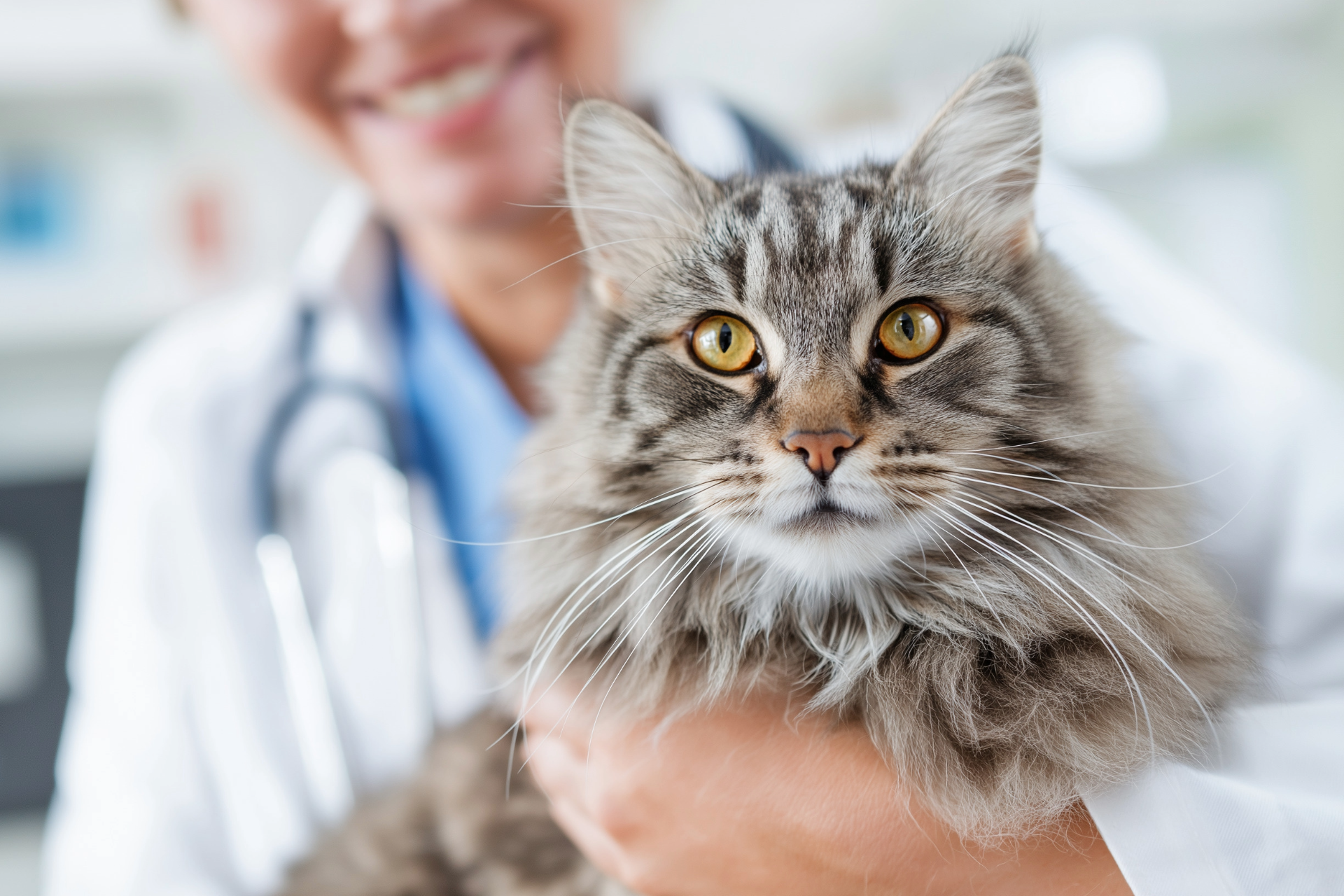Global Genomic Trends in Veterinary Medicine: Insights from VetGenome
Global genomic trends in veterinary medicine are rapidly evolving, reshaping how veterinarians, pet owners, and researchers approach animal health and disease prevention. With innovations spearheaded by initiatives like VetGenome, the application of genomic data is expanding the frontiers of veterinary science, providing deeper insights into genetic disorders, traits, and optimal breeding practices.
The Rise of Genomics in Veterinary Practice
The field of genomics has provided medical scientists with unparalleled insights into the genetic blueprint of organisms. In veterinary medicine, genomics has become an invaluable tool, allowing for more precise diagnoses, personalized treatments, and better preventive care for animals. Whether it’s dogs, cats, horses, or livestock, the application of genomic information is revolutionizing the care these animals receive.
One notable development in this field is the increasing use of genomic testing to identify the risk of hereditary diseases. Diseases like hip dysplasia in dogs, polycystic kidney disease in cats, and even some forms of cancer across various species can now be traced through genetic markers. This capability allows veterinarians to advise pet owners about the health risks their pets face long before clinical symptoms appear.
Insights from VetGenome: Pioneering Veterinary Genomics
VetGenome has been at the forefront of integrating genomics into veterinary medicine. This initiative not only supports veterinarians in their clinical decisions but also aids breeders in making informed choices about breeding pairs to prevent the transmission of undesirable genetic traits.
One of the groundbreaking contributions of VetGenome is its extensive database of animal genomes. This resource helps in the comparative analysis across species, providing deeper understanding and insights into complex genetic traits and how they evolve. Furthermore, VetGenome collaborates with global research institutions to enhance the scope and accuracy of genetic testing.
Impact on Preventive Health and Treatment Strategies
With the help of genomic data, veterinarians are now better equipped to develop proactive health management plans. For example, if a genetic test reveals that a particular dog breed is prone to a specific ailment, preventative measures can be tailored accordingly, potentially extending the animal’s life and improving its quality.
Moreover, genomic information is facilitating the development of targeted therapies for various diseases, similar to approaches seen in human precision medicine. This not only increases the likelihood of successful treatment outcomes but also minimizes the side effects that may arise from more generalized therapeutic approaches.
The Role of Genomic Data in Conservation and Wildlife Management
Beyond domestic animals, genomics is also playing a crucial role in wildlife conservation efforts. Genetic tests are used to track genetic diversity within populations of endangered species, guiding conservationists in creating effective breeding programs that avoid inbreeding and ensure genetic health of the species.
VetGenome is extending its research capabilities to these areas, working alongside wildlife conservationists to provide genomic insights that can make a real difference in these critical efforts.
Challenges and Ethical Considerations
Despite its potential, the integration of genomics in veterinary medicine is not without challenges. High costs of genetic testing and the complexity of interpreting genomic data are significant hurdles that need to be addressed to make these technologies more accessible.
Furthermore, ethical considerations regarding genetic manipulation, privacy concerning genomic data, and the potential for genetic discrimination are issues that the veterinary community must navigate carefully. As veterinary genomics continues to mature, continuous dialogue and regulation will be crucial in addressing these concerns.
Conclusion
The global genomic trends in veterinary medicine are setting a new standard in how we care for and understand the genetic foundation of animal health. With initiatives like VetGenome leading the way, the future of veterinary medicine not only looks more personalized but also more proactive. As this field continues to evolve, it holds promise for tremendous advancements in both domestic animal care and wildlife conservation, heralding a new era of medical science where genetics play a central role in safeguarding the health of all animal species.






